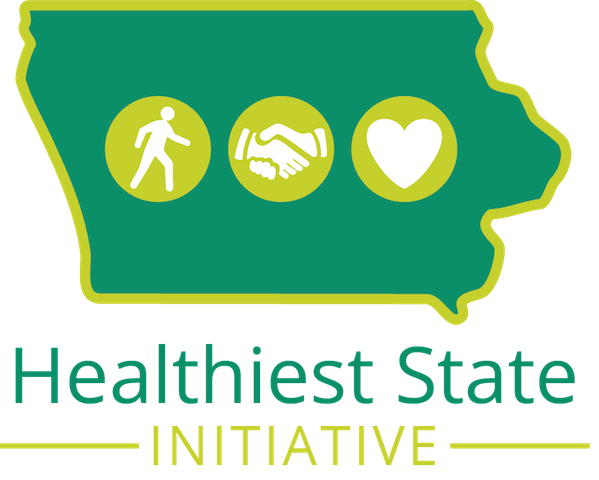Karla’s Story
Content warning: Eating disorder
Karla Walsh finds her current profession a bit ironic. She eats and writes about food for a living, but throughout her life, food has had a negative stranglehold on her mental health.
Walsh’s story begins in 2002, when she was 16 years old and 180 pounds. That was when she decided to consciously lose weight for the first time. A fitness fanatic, Walsh threw herself into workouts and meal planning. Soon the scale began to drop precipitously — 170, 160, 150. By 120 pounds, Walsh’s parents became increasingly concerned. They asked her to let up, but in her own head, that just wasn’t an option.
“I like to be really, really good at things, and I’m doing really great at this thing, so I wanted to keep doing it,” Walsh said. “It got to the point where it was almost a competition. It just got so wonky that the rest of my body and my brain got off track, and it was a downward spiral. I couldn’t pump the breaks.”
“It just got so wonky that the rest of my body and my brain got off track, and it was a downward spiral. I couldn’t pump the breaks.”
Every day, Walsh attempted to eat less food than the day before. A regular breakfast consisted of an 1/8 of a cup of Cheerios. Her personality changed, and she started snipping at her sisters over minor quibbles. Walsh barely had energy to get through the day. Eventually she started seeing a dietitian, but because her fear of gaining weight was so strong, she consistently lied about how much she ate.
Walsh struggled with anorexia nervosa — an eating disorder and mental illness that results in an obsessive desire to lose weight by eating less food — leading to bouts of self-starvation and serious medical conditions. According to the National Eating Disorder Association, up to 30 million people suffer from an eating disorder in the United States.
In 2003, about a year after she began to lose weight, Walsh, who stood 5 foot 6 inches, weighed 94 pounds. Walsh was so frail she was put on bed rest for fear of a heart attack. It was then she realized the direness of the situation, and began taking the advice of her therapist seriously. Walsh took antidepressants and was more accepting of help. Weekly homework assignments included pushing herself out of her food comfort zone. One day, her task was to order French fries from McDonald’s. She grabbed her food, sat at a table and cried.
“There was something about eating those foods that was so scary to me,” Walsh said. “It was totally controlling my life. I said no to any plans that were related to food, and I kept it secret. I started baby stepping myself out of these thoughts with the help of my psychiatrist who helped me find things bigger than myself to believe in.”
Walsh’s mental health did improve, as did her weight, but she was still consumed by negative thoughts about her body. She moved to Des Moines from New York in 2012 and admitted she was still exercising more than she should have.
What kicked her out of her subtle and ongoing struggle with anorexia was a car. While running one day in 2013, she was hit by a vehicle, injuring her legs. She couldn’t exercise any more — one of her biggest coping mechanisms — and was forced to find different healthy habits.
Walsh became more social, got dinner with her friends more often and made peace with food so that it was enjoyable for perhaps the first time in her life. That led her to a career as a freelance food writer. Walsh still has occasional negative thoughts when looking in the mirror, but she’s learned how to adapt and move on. She alerted her friends and family to be honest with her when they believe something is off.
“It doesn’t control nearly any brain space anymore,” Walsh said. “Eating disorders are similar to other mental illnesses and addictions, like alcoholism. You’re constantly keeping tabs on it. But for an eating disorder, it’s one of those things that you can’t not eat. It could rear its ugly head at any point. I feel I’m in a really good place where that doesn’t control me or the decisions I’m making.”



